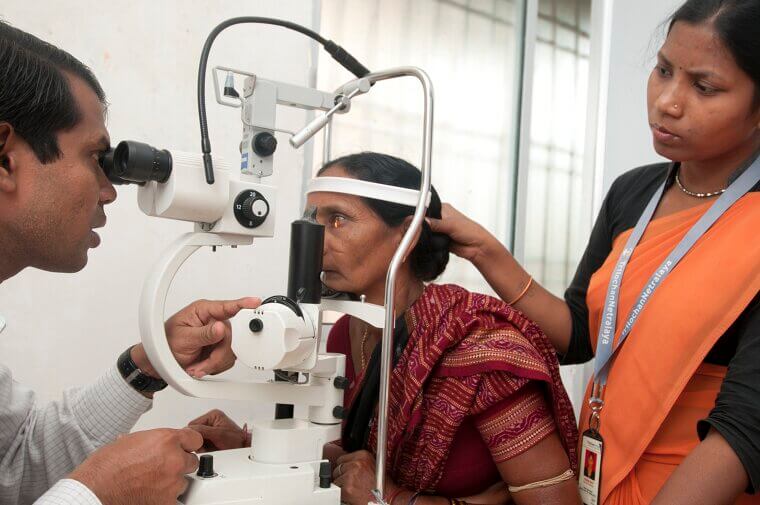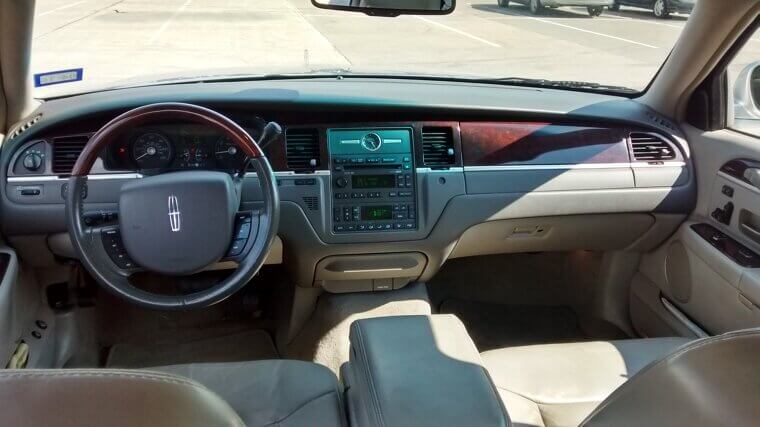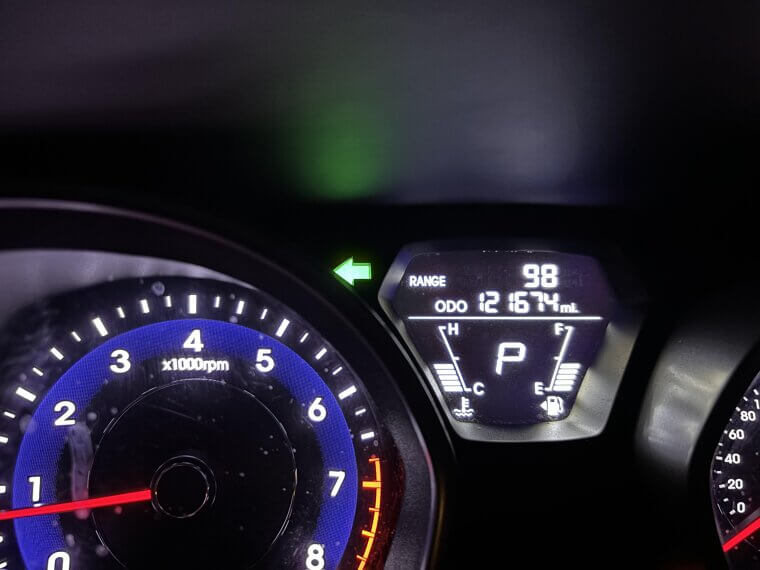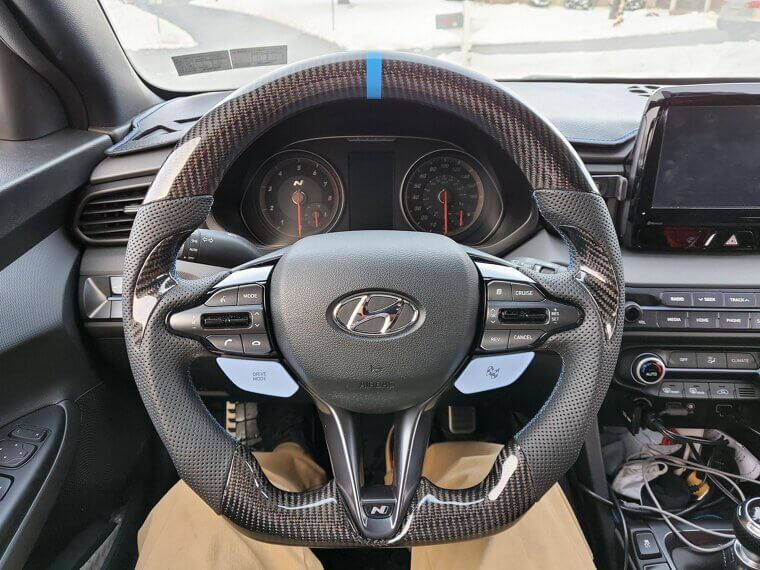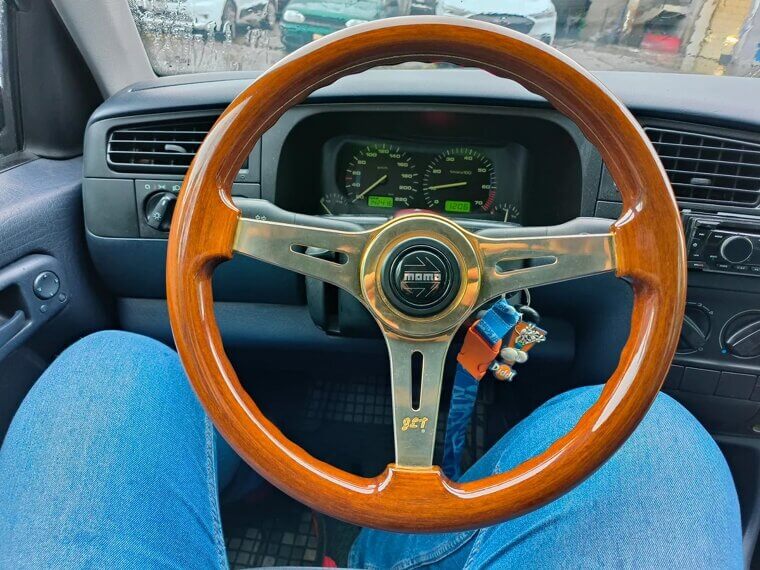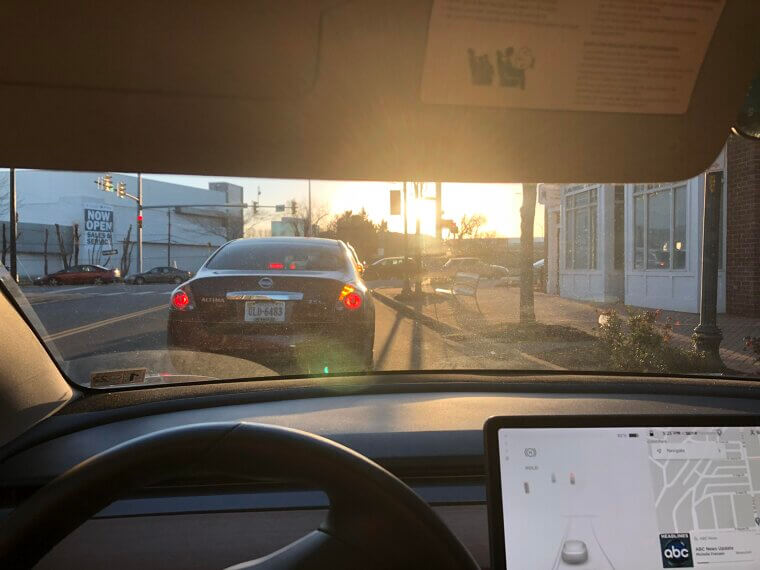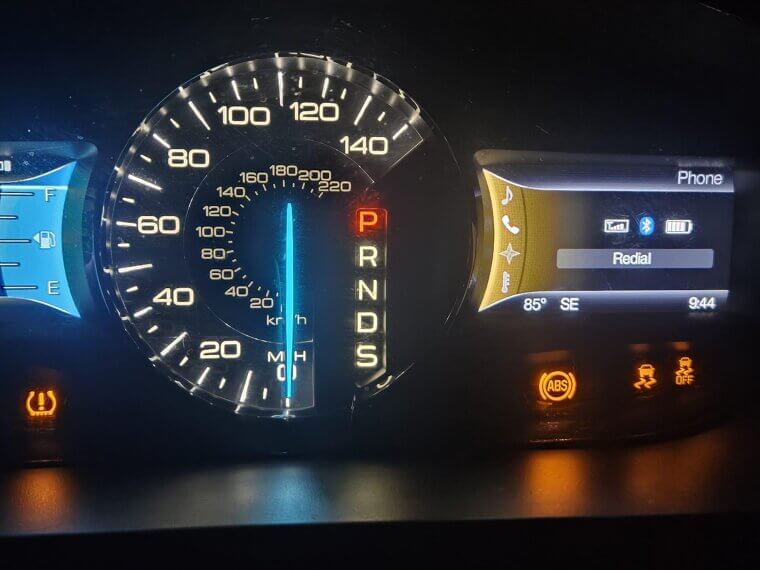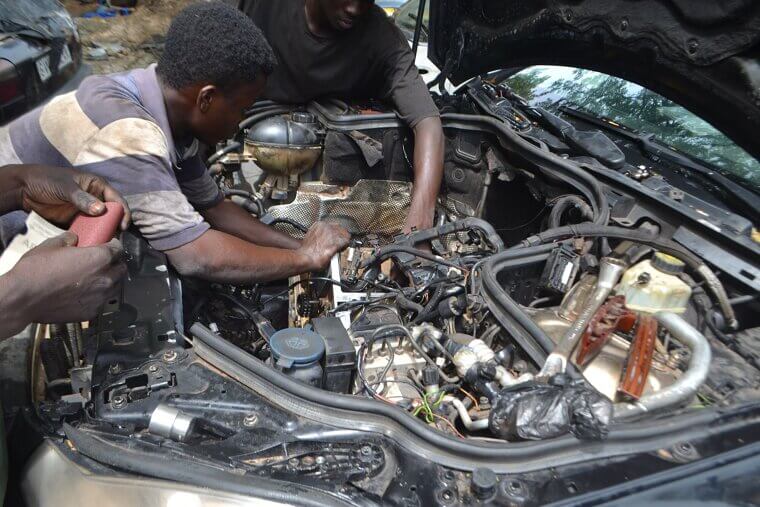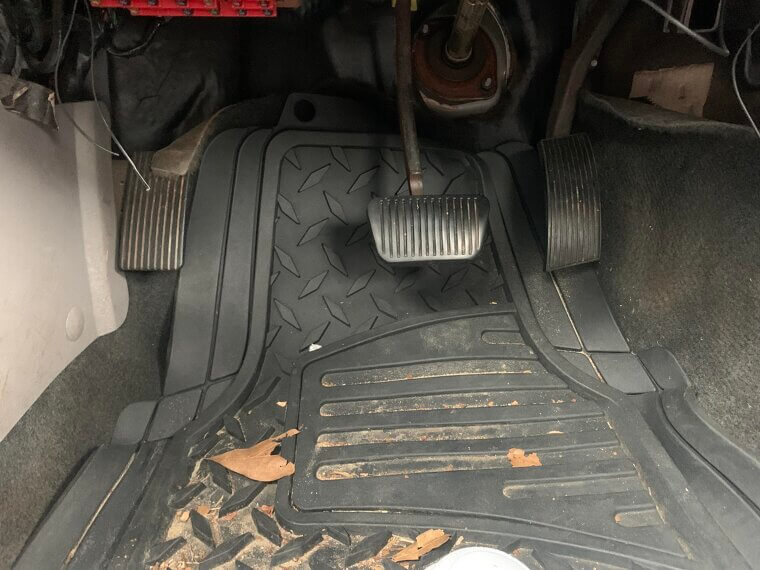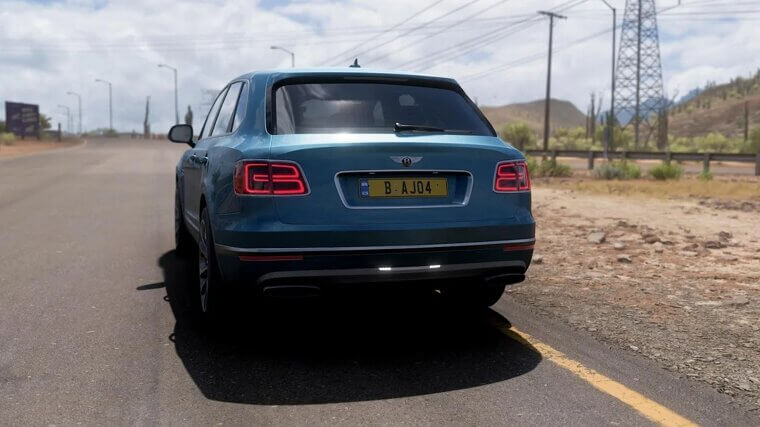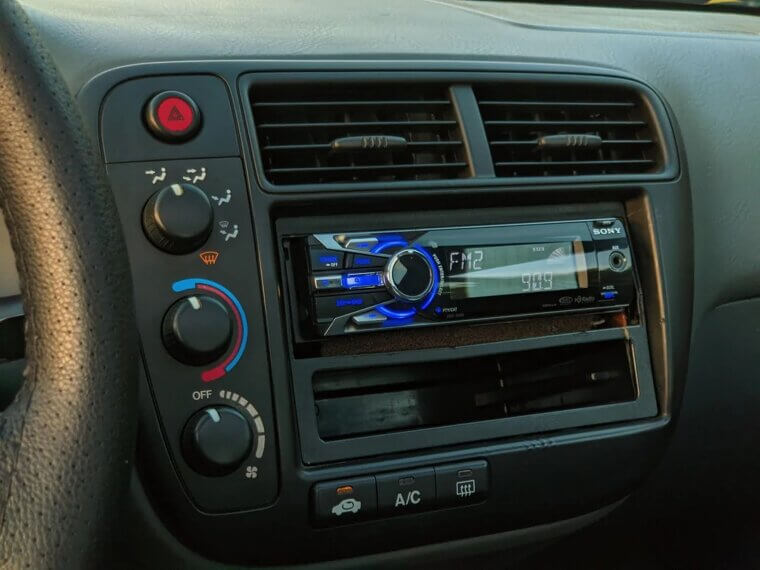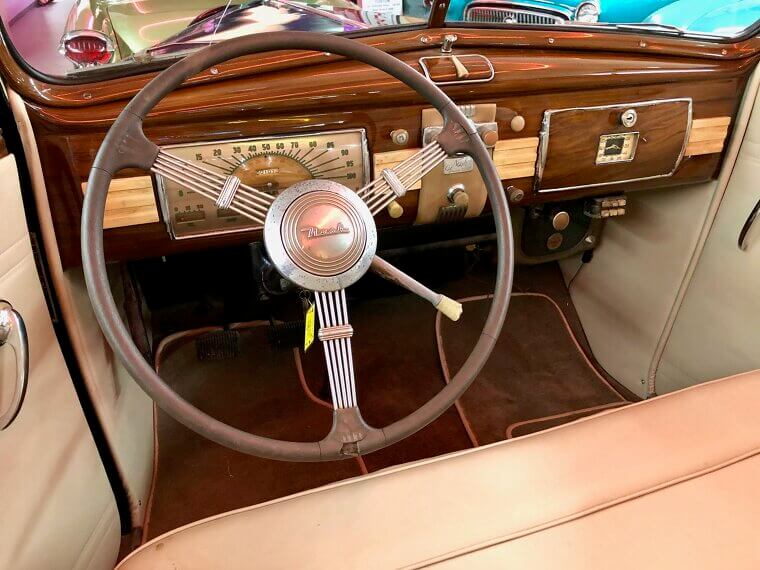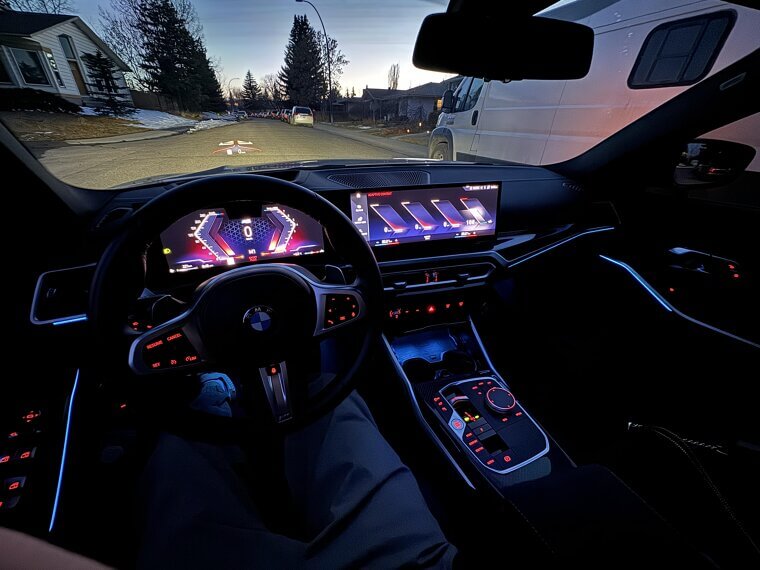Seniors Should Avoid These Common Driving Mistakes to Stay Safe
Driving in your elderly years can be empowering - but not without some quirks. Continue reading for 20 typical errors that seniors should avoid to maintain their confidence, competence, and safety when driving, ranging from antiquated behaviors to neglected safety inspections.
Ignoring Regular Eye and Hearing Checks
Even when your car is ready for the road, are your senses? You risk missing that loud horn or cunning cyclist if you skip checkups. Consider it your body's MOT, since when it comes to driving safely, seeing and hearing well are half the fight.
Driving Too Slowly in Fast-Moving Traffic
While exercising caution is commendable, it can lead to turmoil if you drive like you're taking a Sunday walk during Monday rush hour. Accidents may occur as a result of other drivers becoming irritated. We’re not saying to try out for Formula 1, but keep up with the flow!
Over-Relying on GPS Without Updating It
GPS is fantastic - until it directs you to a field rather than the drugstore. It's time for an update if your sat-nav still believes Woolworths exists. Trust your gut as well; sometimes the traditional "look around" approach works better than digital confusion.
Forgetting to Signal or Signalling Too Late
Blinkers are your car's way of saying, "Hey, I'm turning!" - they are not optional additions. Flicking them on mid-turn or forgetting to use them is a huge no-go while driving; they are among the biggest causes of accidents. So, before you move, remember to give other drivers a heads-up.
Misjudging Gaps When Merging or Turning
From the driver's seat, that gap can appear spacious, but it might be more constricted than you think. Close calls can result from merging too soon or turning too late. Wait for a suitable opening, take a deep breath, and check again.
Overcorrecting Steering Movements
A violent swerve is not necessary for a small slide. A slight wobble can develop into a full-fledged zigzag if overcorrected. Remain composed, hold the wheel lightly, and make sure you don’t over-maneuver; you don’t want to turn the road into an obstacle course!
Driving While Tired or on New Medication
It's time to pull over if your eyes are starting to droop. Side effects like fatigue or lightheadedness can sneak in with new medications, so be cautious! When in doubt, delegate the wheel to someone else; it’s better to be safe than sorry!
Skipping Defensive Driving Refresher Courses
Sure, you might have passed your test decades ago, but road restrictions change more quickly than fashion trends. A refresher course is a way to tune up your driving brain, not a way to punish you. With this, you might even pick up a new skill and dazzle the grandchildren with your awesome driving skills.
Holding the Steering Wheel Incorrectly
Are you still squeezing the wheel as if it were 1985? It's time to improve your method. "9 and 3" is in - "10 and 2" is out. In the event that airbags deploy, it keeps your arms out of their path, as well as giving you more control.
Not Adjusting Mirrors Properly
Mirrors are used for more than just checking out your hair. Blind areas created by poorly placed mirrors are large enough to conceal a bus. Your future self - as well as the cyclist you didn’t see - will appreciate you taking the time to adjust them before you drive.
Failing to Yield or Misunderstanding Right-Of-Way
Right-of-way regulations are more than simply courteous recommendations; they make the difference between bumper-smashing and pleasant cruising. Err on the side of caution if you're not sure who will go first. Yielding means driving with elegance (and avoiding embarrassing standoffs), not giving up.
Driving in Poor Weather Without Prep
Whether it's rain, fog, or snow, Mother Nature enjoys a grand arrival. You're inviting disaster if your tires are balding or your wipers are streaky. Prepare your vehicle like you would for a camping trip; you'll be happy you took the extra step to prepare!
Ignoring Dashboard Warning Lights
That tiny light is attempting to save your day, not to destroy it. Don't disregard it like a spam email, regardless of whether it's about brakes, oil, or something else entirely. A fast inspection could avert a malfunction or an expensive fix.
Spending Too Much on Unnecessary Maintenance
A full service is not necessary for every little squeak. Find out what is important and what is not before spending money on a new flux capacitor - it never hurts to get a second opinion or consult your astute neighbor.
Using the Wrong Foot for the Brake and Accelerator
It may seem absurd, but some folks attempt to multitask with both feet! Stay on one foot unless you're playing the organ or driving a race car. It's less likely to end in a sudden lunge forward at the lights and is safer and smoother.
Backing Up Without Checking Surroundings
Reverse isn't a game of guesswork. Mirrors are helpful, but you get the whole picture when you swivel your head. Take a moment, scan your surroundings, then retreat as carefully as you can!
Driving With Distractions Like Loud Music
Loud music or chatty passengers can divert your attention quicker than you can even notice. Your hearing and response speed will appreciate it if you keep the music low and the atmosphere relaxed.
Not Knowing When It’s Time to Stop Driving
Although giving up the keys seems like giving up independence, the true goal is to safeguard both you and other people. Speak with loved ones if driving seems complicated or unpleasant. You can remain mobile and safe in various ways.
Overconfidence in Familiar Routes
You should not assume that a road is risk-free just because you’ve traveled it a thousand times. Overconfidence leads to autopilot mode, which is when unexpected things happen. Even on your typical path, remain vigilant.
Neglecting to Update Driving Techniques for Modern Cars
These days, cars are essentially computers on wheels. Auto braking, blind spot warnings, and lane assist are not sci-fi; they are commonplace. Spend some time learning the new characteristics of your vehicle.


